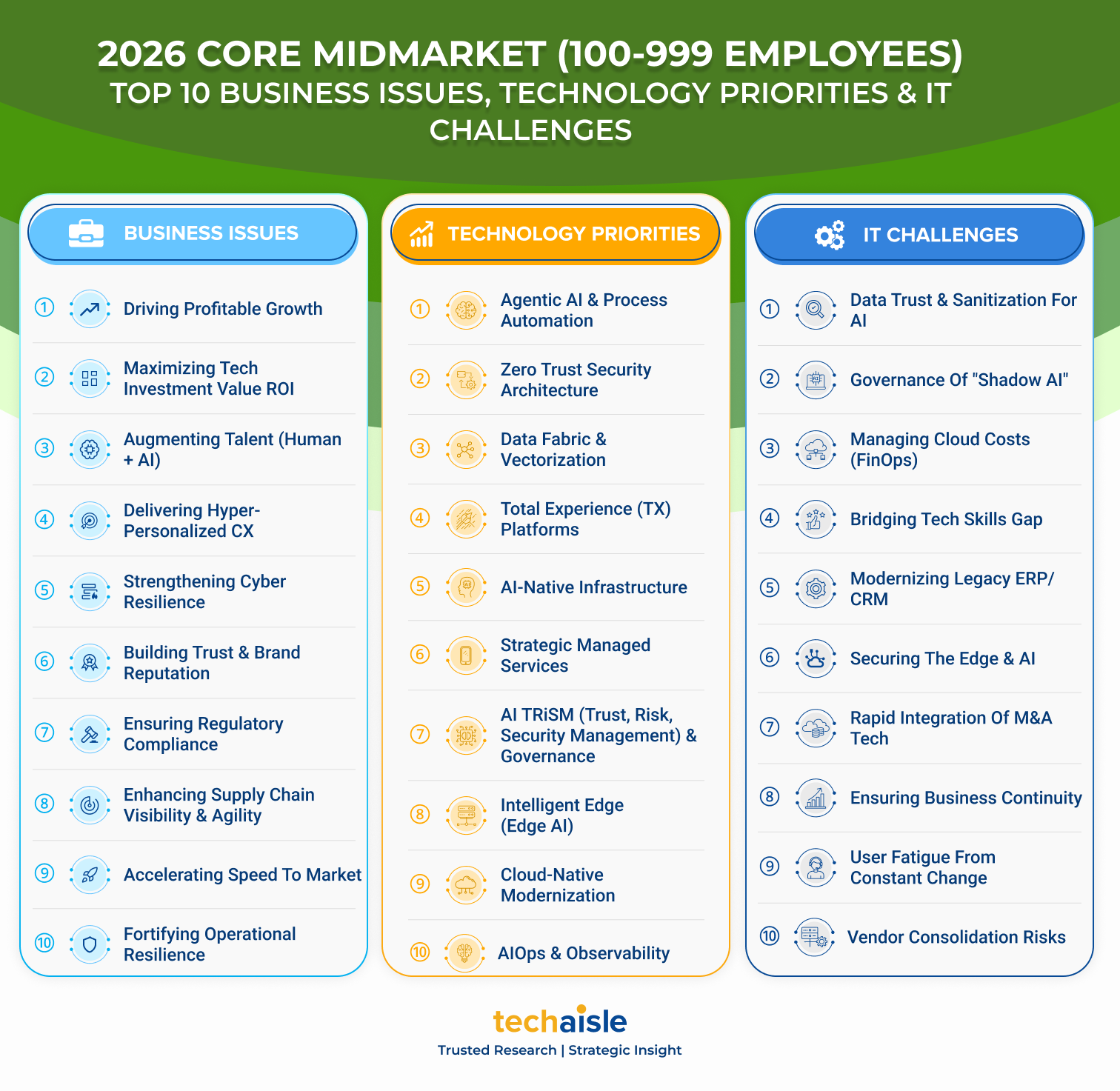The narrative surrounding enterprise software is often dominated by surface-level observations about application breadth, licensing models, or the sheer volume of integrated tools. While a lot has been written recently about ZohoDay 2026 - largely focusing on the company's distinct corporate culture, bootstrap philosophy, and expansive application suite - there is an equally profound architectural story unfolding beneath the surface, and I see that the true strategic breakthrough lies much deeper. The battleground for the upmarket - midmarket and enterprise organizations - is no longer about feature accumulation, it is entirely about architectural sovereignty and infrastructural readiness.
At ZohoDay 2026, the discourse shifted definitively from software provisioning to autonomous orchestration. The conventional vendor approach to the upmarket has been to bolt artificial intelligence onto legacy, fragmented systems, hoping the resulting friction is masked by polished user interfaces. Zoho is taking a fundamentally divergent path, constructing a unified, agentic operating system designed from the silicon up. This is a profound rewiring of enterprise physics, providing organizations with the agility of a startup anchored by the rigorous governance of a Fortune 500 entity. To understand why this approach is poised to dominate the upmarket, we must dissect the core architectural pillars - AppOS, the semantic data fabric, customer journey orchestration, and ecosystem-led verticalization - and analyze exactly why they align perfectly with the operational realities of growing enterprises.
AppOS: Establishing a Sovereign Control Plane
During a candid conversation with Raju Vegesna, the underlying philosophy driving this architectural reset clicked into place. We were discussing the industry's frantic rush to deploy AI, and he emphasized a critical reality: while the broader market is obsessing over the capabilities of AI agents, the actual deployment in the enterprise is stalling out on platform-level governance. You simply cannot build autonomous, reliable AI on a fragmented foundation. This is precisely the crisis that AppOS is designed to solve.















